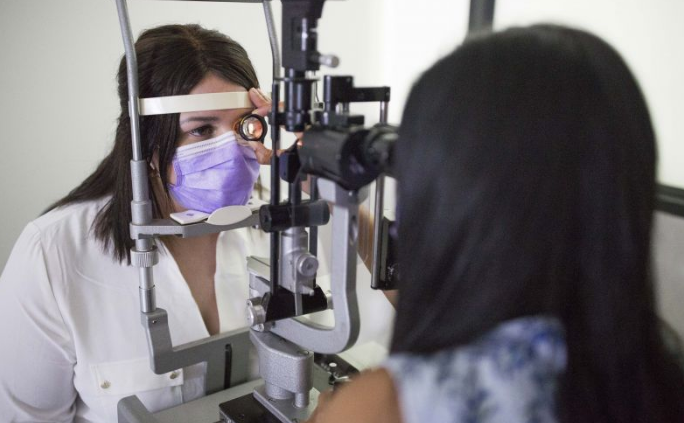
image credit- University of Melbourne
Australians with inherited retinal disease (IRD) have a strong interest in undergoing gene therapy to prevent and treat blindness but there’s a critical need for education programmes to help them make informed choices about future treatments, new research shows.
IRD is the umbrella term for broad group of genetic eye conditions, including retinitis pigmentosa and Stargardt’s disease, that cause progressive vison loss and blindness. They are the most common cause of blindness in working-age Australians, affecting more than 13,000 people nationally.
The study, led by the Centre for Eye Research Australia and University of Melbourne, reveals the results of the first national survey asking Australians living with IRD and their carers about their knowledge and views on gene therapy.
It provides new insight into patients’ knowledge of emerging gene therapies, the methods used, their willingness undergo future treatments and their views on the potential costs and logistics.
The findings demonstrated the need for continuing, targeted education about the outcomes and risks of gene therapy, and the difference between clinical research and approved treatments.




